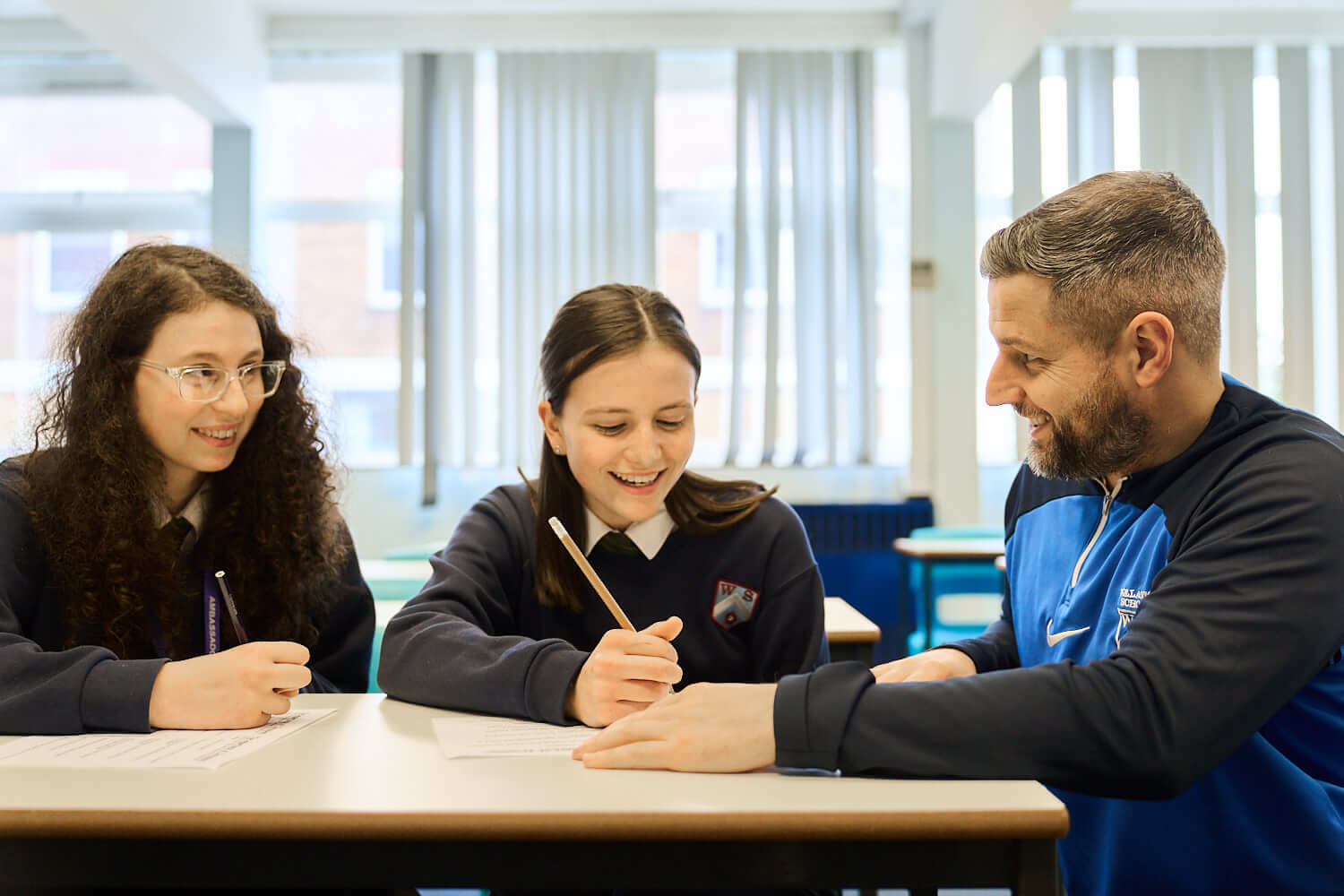Upcoming School Events
Remembering Mark Wade- Crazy Tie Day
Remembering Mark Wade- Crazy Tie Day
School Prospectus
Latest News
Behaviour
Wollaston School believes in establishing and maintaining a positive learning culture, where everyone has the right to feel safe, enjoy their learning, achieve to the best of their ability and be treated with respect.
Everyone has a responsibility for their own behaviour, to safeguard the rights of other people and to treat others with respect, dignity and consideration. Our behaviour principles underpins the rights and responsibilities which are at the core of our beliefs.

Teachers are expected to demonstrate consistently high standards of personal and professional conduct. This means that we aim to treat students with dignity, building relationships rooted in mutual respect, and at all times observing proper boundaries appropriate to a teacher’s professional position. We have regard for the need to safeguard students’ well-being and show tolerance of and respect for the rights of others, preserving fundamental values, including democracy, the rule of law, individual liberty and mutual respect, and tolerance of those with different faiths and beliefs.
Within the school, pastoral teams have direct responsibility for managing the behaviour of students and ensuring the smooth running of the school is maintained. These include teachers and support staff, learning support assistants, student managers and Heads of Year. These teams are supported by the school’s leadership team.
We have high expectations of students. To ensure that high standards of behaviour are maintained consistently throughout the school, the school expects all students, with parental support, to abide by the Behaviour policy. This comprises four key aspects:
Respect for oneself
We expect Wollaston students to follow classroom routines and expectations and ensure that a positive learning environment is maintained.
Respect for others
All members of the school community should be treated with respect.
This is shown by the way that we speak to each other and by being courteous, well mannered and by showing regard for the feelings of others and any difficulties that they may face. Discrimination will not be accepted.
Respect for the environment
To maintain this, all members of the school should take care of all areas within the school by not dropping litter, not eating other than in designated areas and not chewing gum.
It is also important to respect other people’s property and work displayed around the school, and to report any theft or damage to the nearest member of staff.
Apply the school uniform code
Rewards
As a school we believe strongly in the role of rewards in promoting and rewarding positive behaviour. Members of staff are encouraged to recognise and reward positive behaviour which supports our ‘Climate for Learning’. Through positive feedback and support, it is our overall aim to encourage students to develop positive images of themselves and nurture a self-confidence that will allow students to feel responsible and committed towards their own learning, both in and out of the classroom. The right sort of praise and support at an early stage can often avoid potential problems.
The following are examples of areas worthy of recognition by staff and are recognised in a number of different ways:
- Consistently good and improved standards of work
- Completion of homework
- Effort in class
- Attendance
- Improved average effort grade
- Outstanding effort or achievement in extra-curricular activities
- Supporting aspects of school life – e.g. parents’ evening, concerts
- Service to the school or local community
- Supporting the work of others in your subject
- Contributing to form/year activities e.g. inter-form competitions
At the end of Year 11 and Year 13, students are invited to return to school for formal GCSE and A Level Awards Presentation Evenings.
